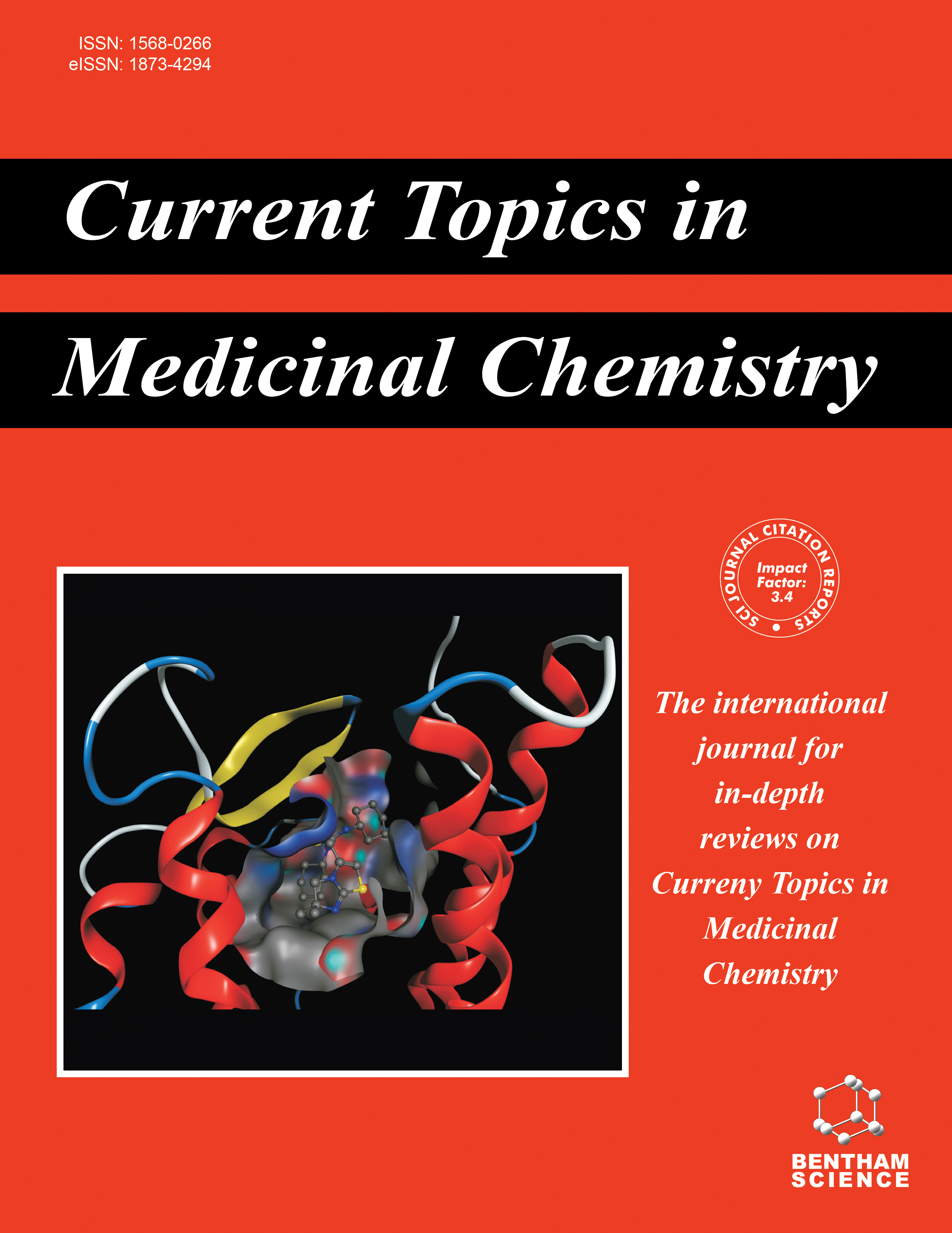
Full text loading...

Cancer remains a devastating global health burden. Despite the identification of numerous biological targets, effective therapeutic agents remain limited. As a highly promising novel target, the role of Discoid Domain Receptors (DDRs) in pan-cancer biology is still poorly characterized. Thus, this study aims to elucidate the regulatory mechanisms and diagnostic potential of DDR1 across different cancer types.
Herein, we used UCSC, SangerBox, GEPIA, GSCA, and GeneMANIA online databases to analyze the expression and role of DDR1 in pan-cancer.
The expression levels of DDR1 showed significant differences in some tumour T, N, and M stages. Importantly, DDR1 expression was associated with clinical prognosis in five cancers. In addition, DDR1 was inversely correlated with most immune checkpoint pathways, immunomodulatory genes, and immune cell infiltration in a few cancers. Furthermore, in most cancers, DDR1 promotes cancer progression by promoting apoptosis, inhibiting cell cycle and EMT, activating hormone AR activity, activating PI3K/AKT pathway, RASMAPK pathway, and RTK pathway. Finally, we also found that the DDR1 gene was positively associated with stemness scores in most tumors.
Our findings demonstrate that DDR1 exhibits diagnostic utility and holds promising translational potential as a therapeutic target across multiple cancer types.

Article metrics loading...

Full text loading...
References


Data & Media loading...